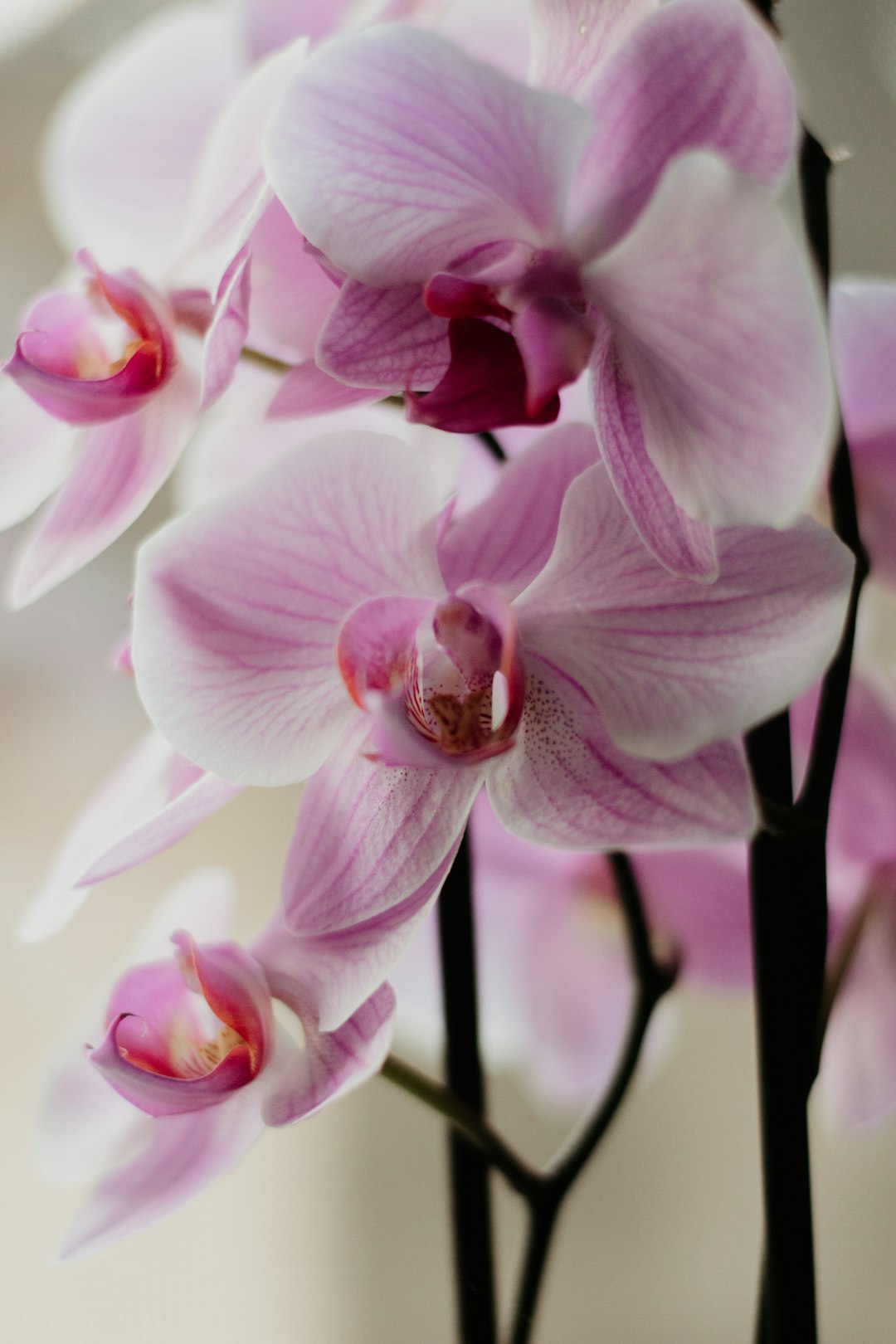
When it comes to adding a touch of elegance and a splash of silvery color to your garden, few plants can rival the charm of snow - in - summer. This perennial beauty, with its delicate white flowers and soft, silvery foliage, has long been a favorite among gardeners. However, like any garden plant, it comes with its own set of challenges and rewards.
Snow - in - summer, scientifically known as Cerastium tomentosum, is a low - growing, spreading perennial that hails from the mountains of southern Europe. Its name is quite fitting, as it produces a carpet of white flowers that resemble a fresh snowfall in the early summer months. The flowers are small, star - shaped, and bloom profusely, creating a stunning visual display that can transform any garden bed or border.
One of the most appealing features of snow - in - summer is its foliage. The leaves are narrow, lance - shaped, and covered in fine, silvery hairs. This gives the plant a soft, velvety appearance and a unique texture that adds interest to the garden even when it's not in bloom. The silvery color also reflects sunlight, making it a great choice for brightening up shady areas or adding contrast to darker - colored plants.
Planting snow - in - summer is relatively easy. It prefers full sun to partial shade and well - drained soil. In fact, it thrives in poor, sandy soils where other plants might struggle. When planting, space the plants about 12 to 18 inches apart to allow for their spreading habit. You can start snow - in - summer from seeds, cuttings, or divisions. Seeds can be sown directly in the garden in the spring or fall, while cuttings and divisions are best taken in the early summer.
Once established, snow - in - summer is a relatively low - maintenance plant. It is drought - tolerant and doesn't require much watering, except during extended periods of dry weather. Fertilizing is also not necessary, as it can actually cause the plant to become leggy and less floriferous. However, it's a good idea to deadhead the spent flowers to encourage more blooms and to keep the plant looking tidy.
But here's the catch: snow - in - summer is a prolific grower. It spreads quickly by sending out runners, which can root at the nodes and form new plants. While this can be an advantage if you're looking to fill in a large area quickly, it can also become a problem if not managed properly. The plant can become invasive and crowd out other plants in the garden. To control its growth, you can regularly prune back the runners and divide the plant every few years.
In addition to its ornamental value, snow - in - summer also has some practical uses. It can be used as a ground cover to prevent soil erosion on slopes or in areas with poor soil. Its dense foliage helps to hold the soil in place and reduce runoff. It's also a great plant for attracting pollinators, such as bees and butterflies, to the garden. The white flowers are rich in nectar, which provides a valuable food source for these beneficial insects.
When it comes to companion planting, snow - in - summer pairs well with a variety of other plants. It looks great when planted alongside other perennials, such as lavender, thyme, and sedum. The silvery foliage of snow - in - summer provides a beautiful contrast to the purple flowers of lavender and the green foliage of thyme. It can also be used to edge flower beds or to create a border around a vegetable garden.
In conclusion, snow - in - summer is a wonderful plant that can add a lot of beauty and interest to your garden. Its silvery foliage and white flowers are truly enchanting, and it's relatively easy to grow. However, it's important to be aware of its prolific growth habit and to take steps to manage it properly. With a little care and attention, you can enjoy the beauty of snow - in - summer in your garden for years to come.

The Secret to Squirrel - Free Potted Plants
The Secret to Squirrel - Free Potted Plants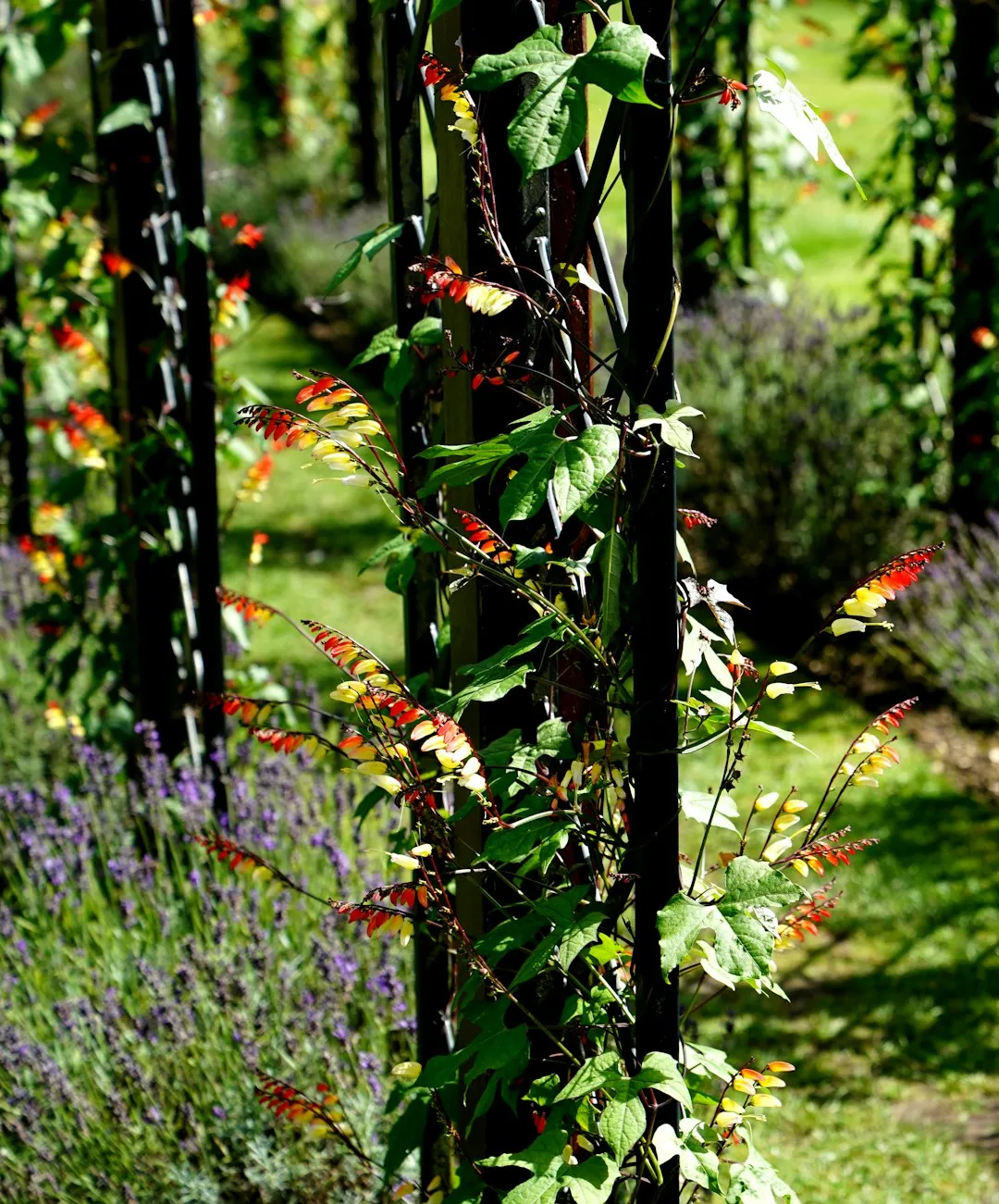
Sweet Rewards: Cultivating Berries in Containers
Sweet Rewards: Cultivating Berries in Containers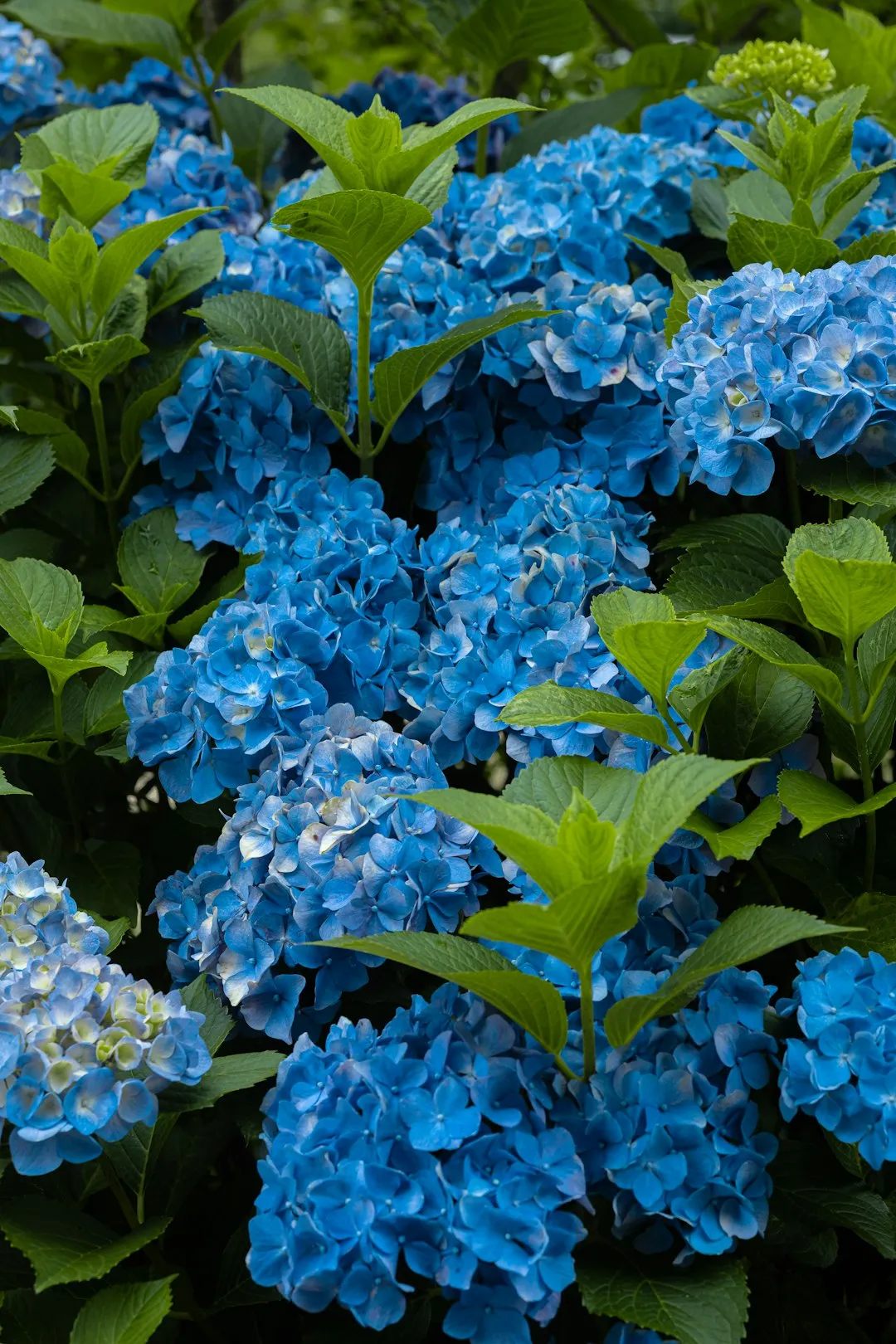
Unveiling the Secrets of a Stunning Lawn
Unveiling the Secrets of a Stunning Lawn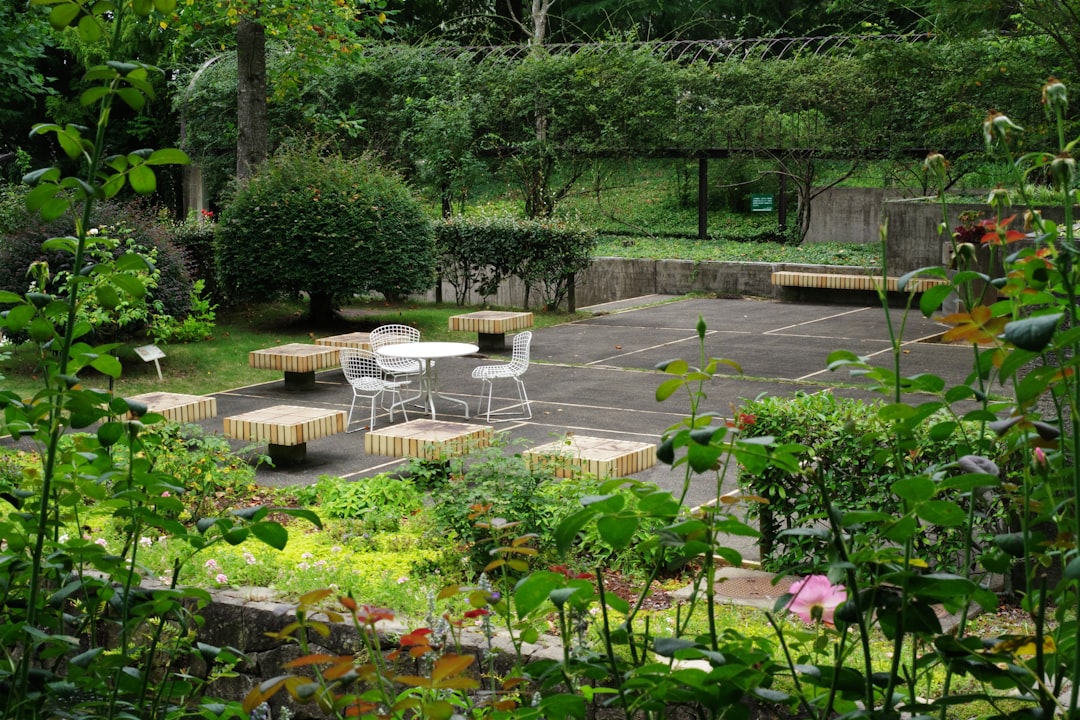
Fall Lawn Maintenance: The Key to a Healthy Yard in Winter
Fall Lawn Maintenance: The Key to a Healthy Yard in Winter
The Secret to Soil Amendment Without Uprooting Your Plants
The Secret to Soil Amendment Without Uprooting Your Plants
Unleash Your Garden's Potential: The Art of Seed Collection
Unleash Your Garden's Potential: The Art of Seed Collection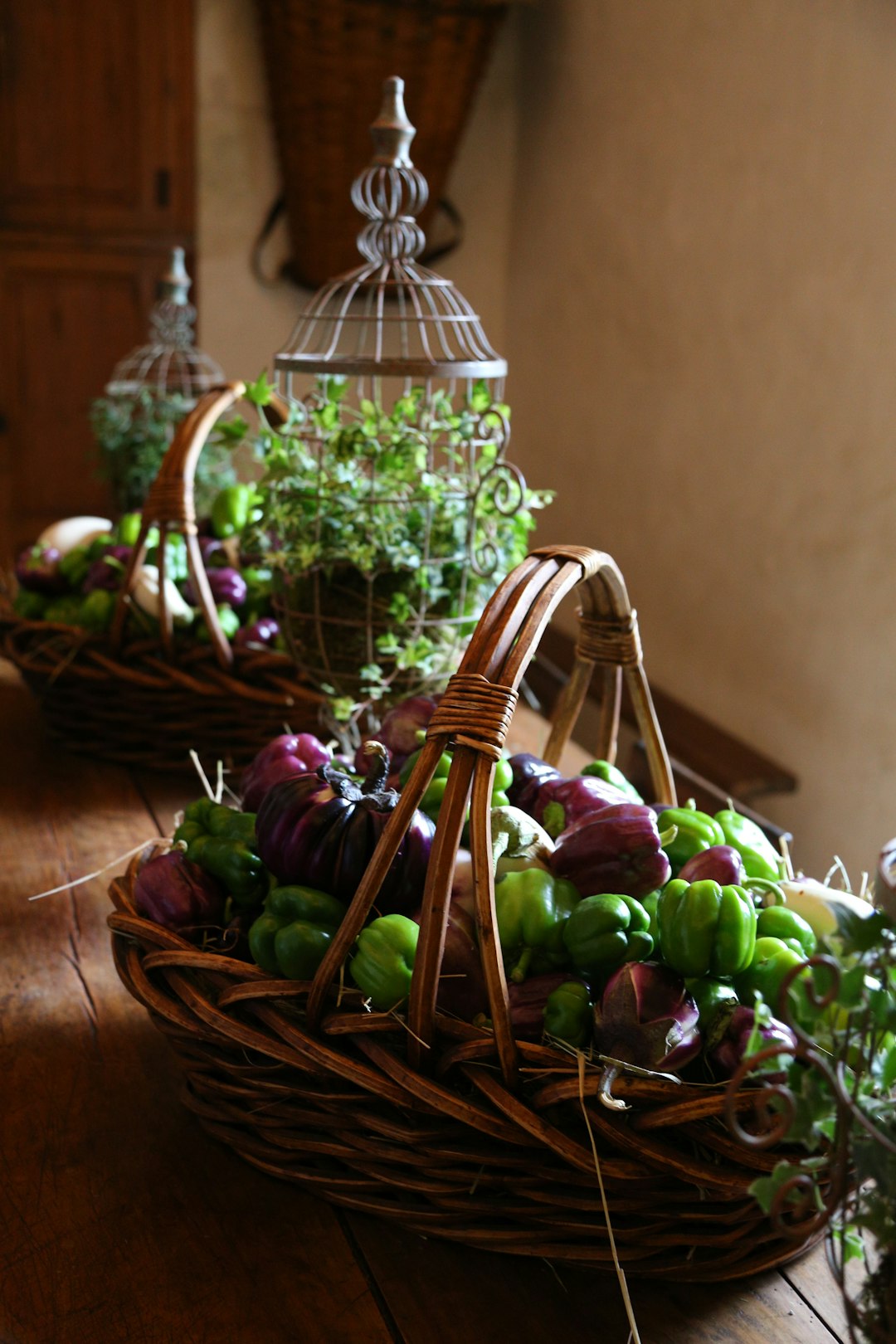
Pre - Summer Yard Care Essentials
Pre - Summer Yard Care Essentials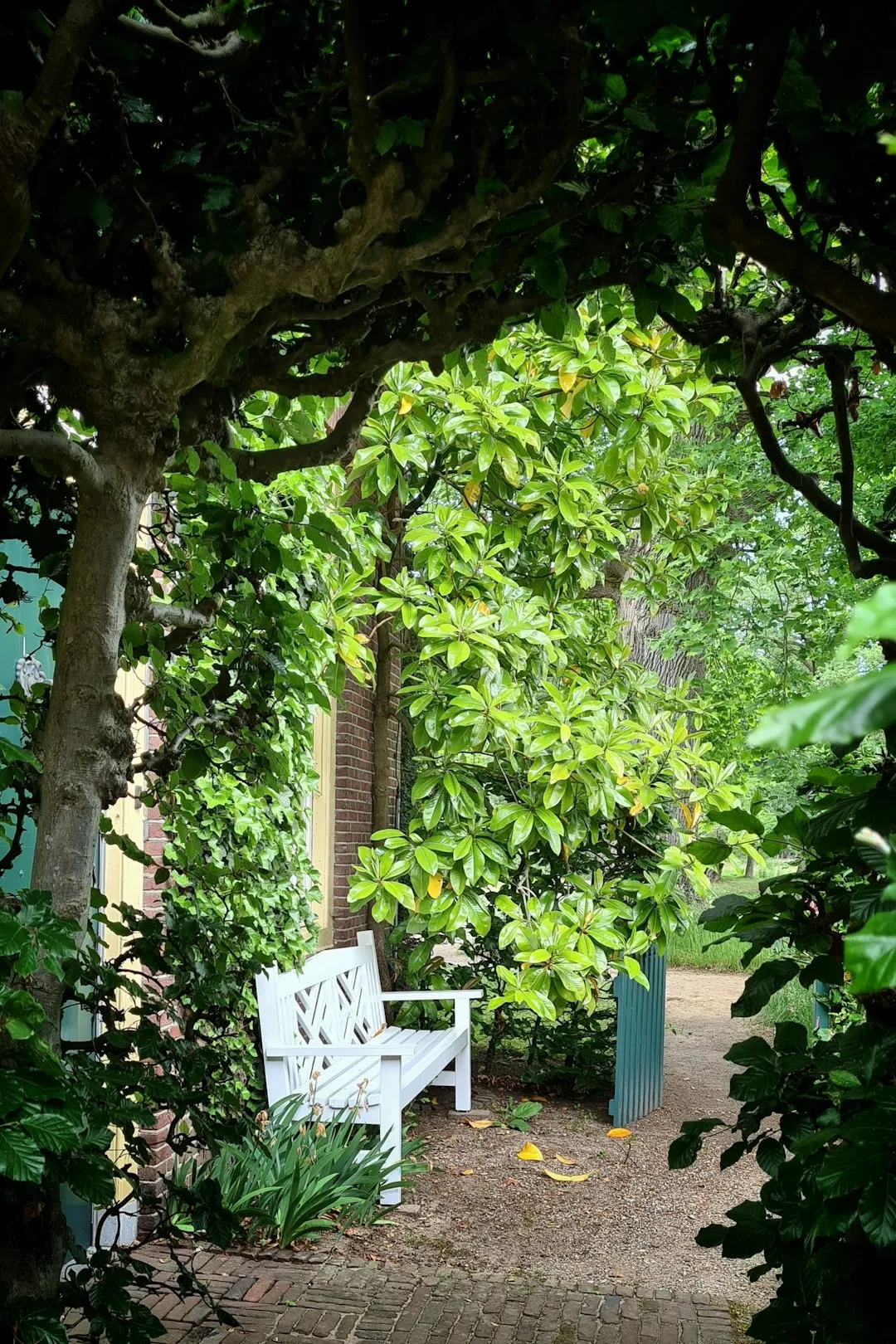
Weathering the Storm: Nurturing Your Garden in Extreme Conditions
Weathering the Storm: Nurturing Your Garden in Extreme Conditions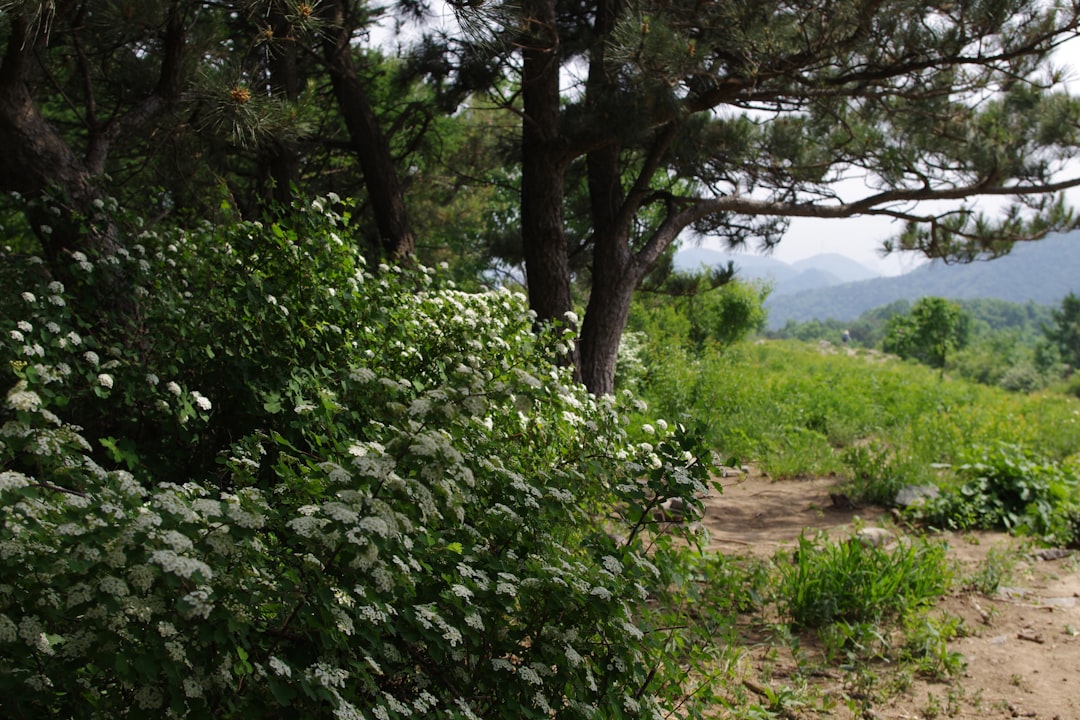
Summer Pruning: The 10 Flowering Plants to Leave Alone
Summer Pruning: The 10 Flowering Plants to Leave Alone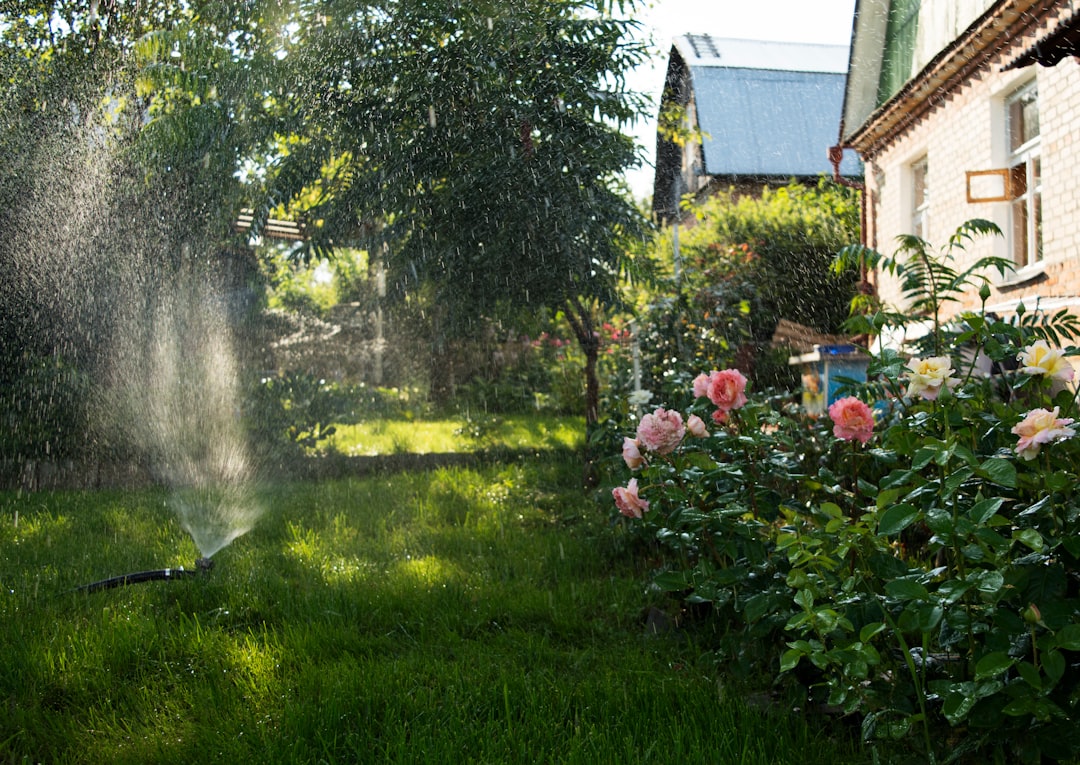
Unveiling the Hidden Gems of Perennial Gardening
Unveiling the Hidden Gems of Perennial Gardening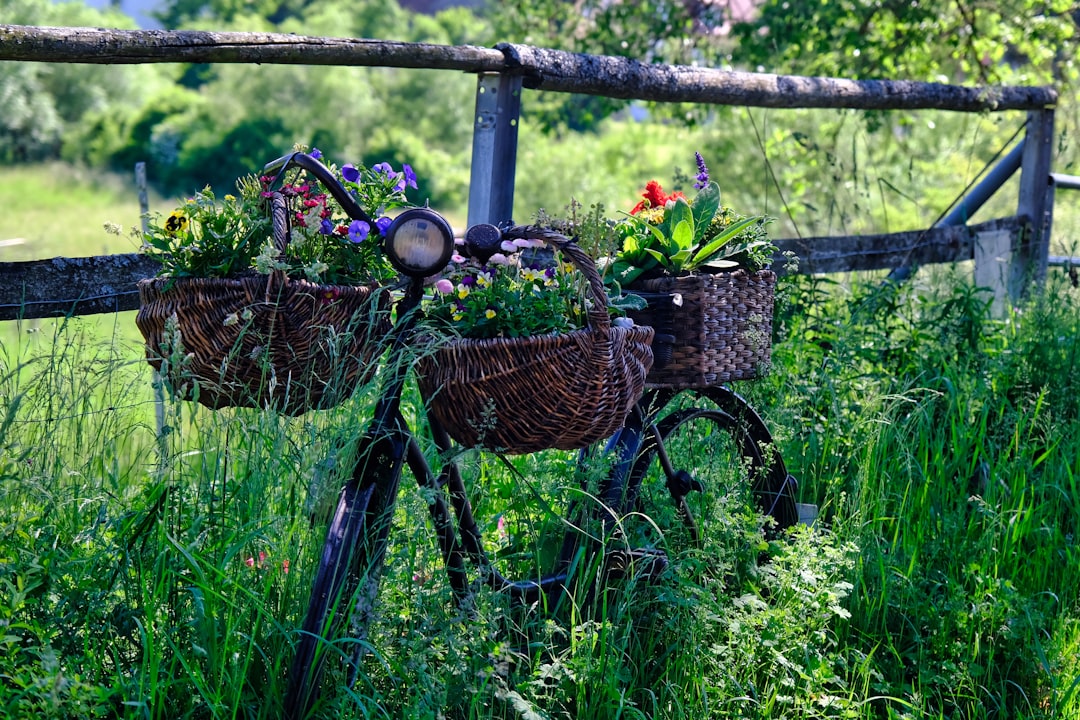
Unleashing the Beauty of Perennial Black - Eyed Susans in Your Garden
Unleashing the Beauty of Perennial Black - Eyed Susans in Your Garden
Unveiling the Secrets of Trillium Growth
Unveiling the Secrets of Trillium Growth
The All - Season Charm of Sedum Plants
The All - Season Charm of Sedum Plants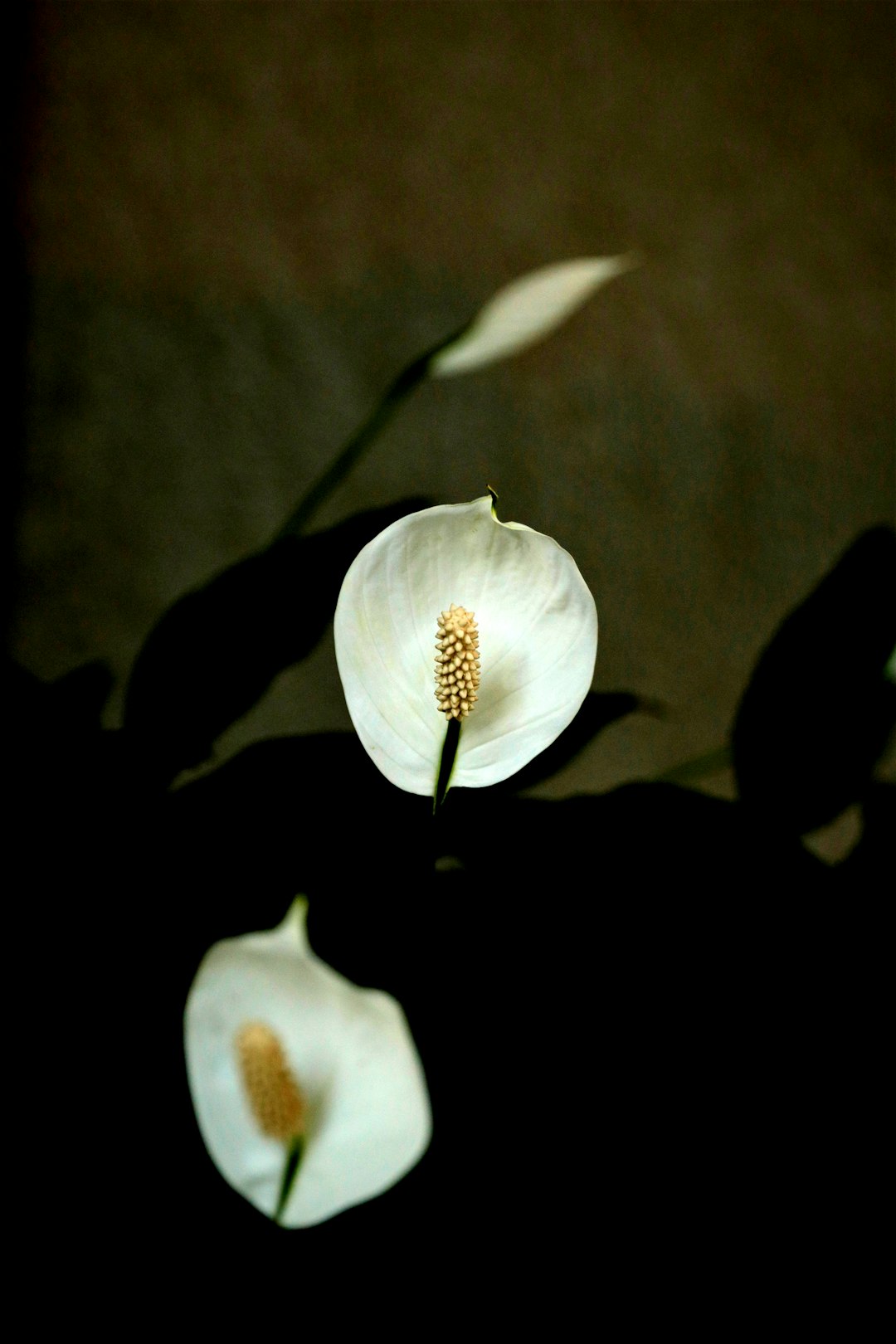
Banishing Snakes from Your Yard: Simple Solutions
Banishing Snakes from Your Yard: Simple Solutions
Secrets to a Bug - Free Garden: Conquering Squash Bugs Naturally
Secrets to a Bug - Free Garden: Conquering Squash Bugs Naturally
Transform Your Yard: Banish Crabgrass for Good
Transform Your Yard: Banish Crabgrass for Good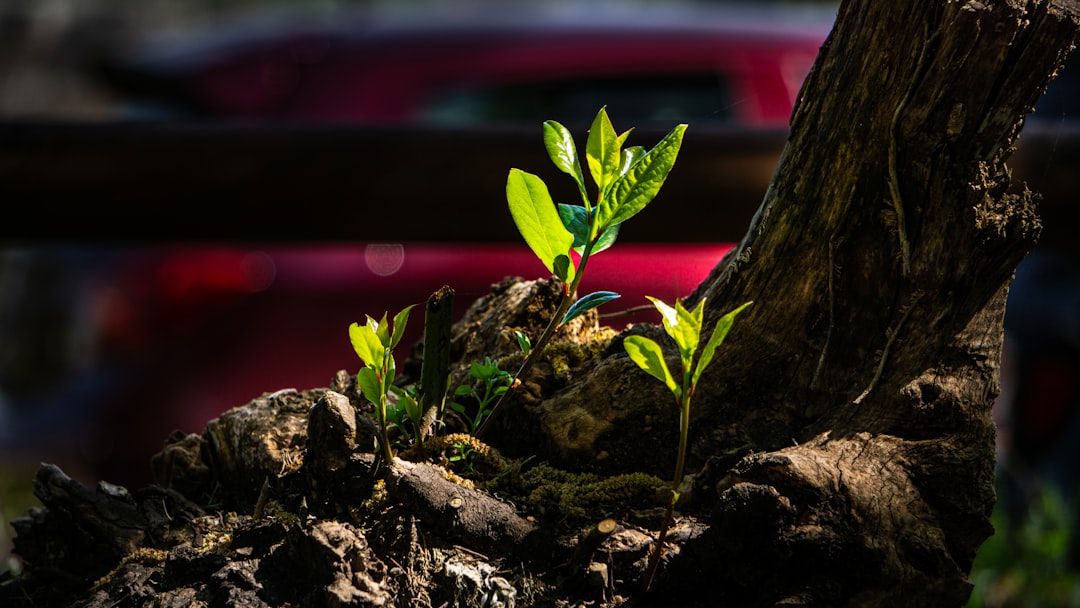
Unveiling the Wonders of a Low - Sun Garden
Unveiling the Wonders of a Low - Sun Garden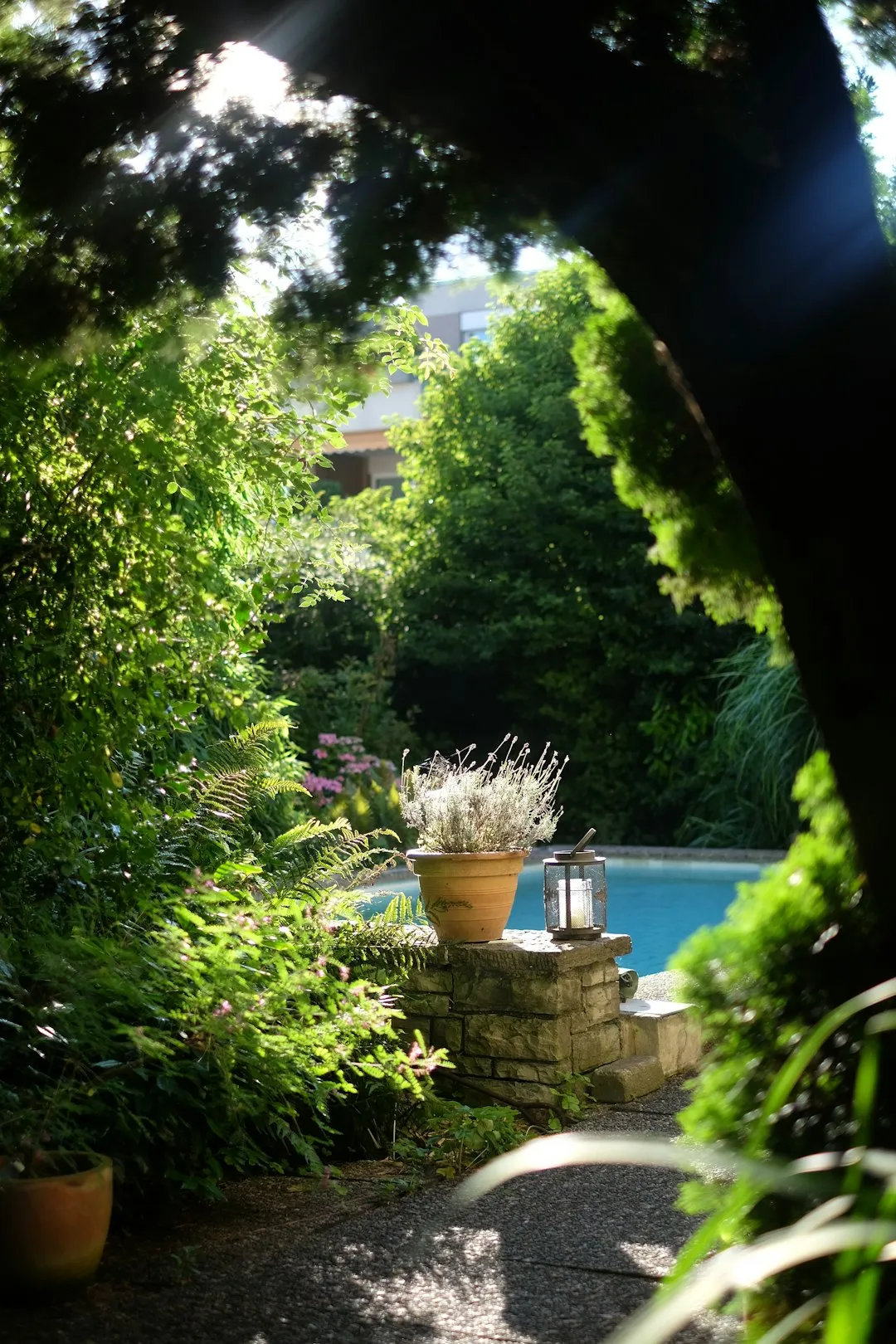
Unleash Your Garden's Potential: The Magic of Lasagna Gardening
Unleash Your Garden's Potential: The Magic of Lasagna Gardening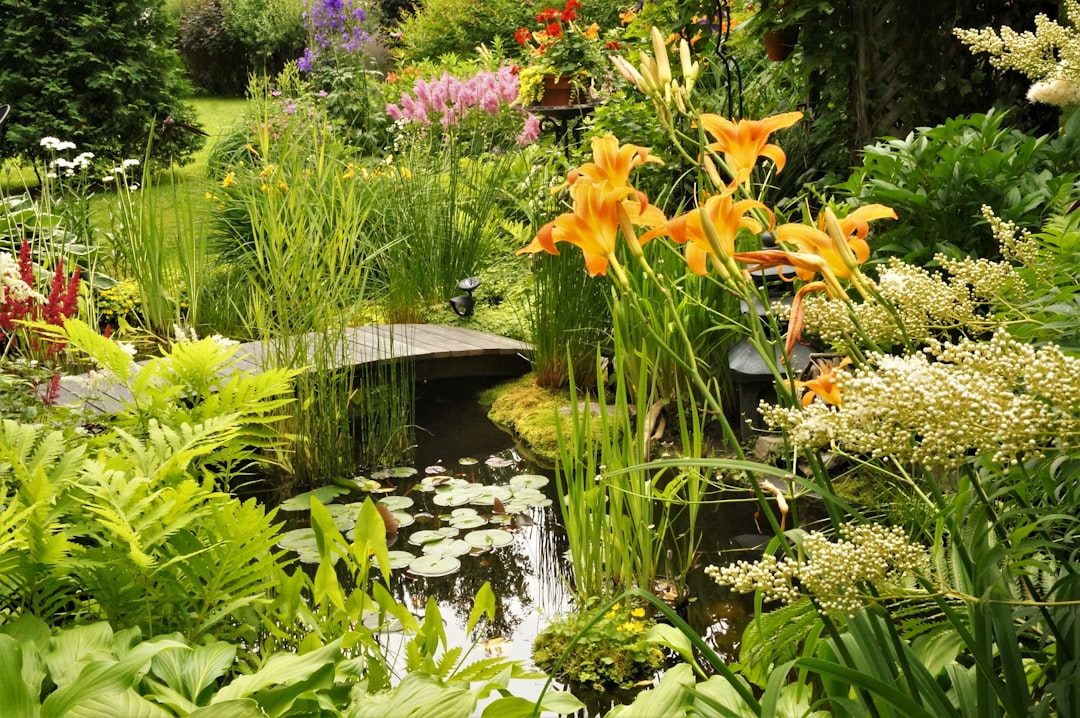
Unveiling the Mysteries of Lunar Gardening
Unveiling the Mysteries of Lunar Gardening
Unleash Your Inner Herbalist: A Guide to Indoor Herb Gardening
Unleash Your Inner Herbalist: A Guide to Indoor Herb Gardening